Continue
Kidney Stone Diet: Which Foods Can Cause Kidney Stones
The content does not represent the perspective of UC
Kidney Stones: Symptoms, Causes, Diagnosis, Treatment And Prevention By Shivangi Karn on November 21, 2019 | Reviewed By Alex Maliekal Kidney stones (renal lithiasis or nephrolithiasis) are one of the most common illnesses in India. The main function of the kidney is to flush out all the excess water and blood impurities in the form of urine [1] . Certain substances like calcium oxalate, amino acids, and uric acid are left behind in the form of tiny particles and when the concentration of those accumulated substances increases, they get converted into hard and sharp crystalline stones known as kidney stones. Kidney stones up to the size 3 mm, can pass through urine but bigger kidney stones can create extreme pain and blood discharge in the urine. The pain is caused when the stones get stuck in the ureter, a tube that connects the kidney and the bladder, and block the passage of the urine [2] . Kidney stones can also grow to the size of a golf ball. Types Of Kidney Stones Calcium stones: Such stones are usually caused due to the buildup of calcium oxalate, a naturally occurring compound in foods like spinach, almonds, grits and cocoa powder. Cystine stones: Cystine stones are as a result of a hereditary disorder (cystinuria) in which the kidney excretes an excessive amount of amino acid in the urine [3] . Uric acid stones: Such type of stones are formed in people who usually don't drink enough water or loses too much water, consume high protein diet and suffers from gout. Struvite stones: Such type of stones occur as a result of an infection like urinary tract infection. In this condition, the stones grow quickly and unnoticeably. Symptoms Of Kidney Stones The symptoms of kidney stones depend on their size. If the kidney stones are smaller in size, they won't create much trouble and will pass easily through the urine. The large-sized kidney stones move towards the ureter and block the path between the kidney and the bladder. Under this condition, a person experiences the following symptoms: Cloudy/red urine: Urine may become reddish and get a cloudy appearance accompanied by a foul smell. The reddish discolouration of the urine is usually due to injury to either ureter or urethra or even due to kidney injury. The colour varies according to the site.The presence of these bacteria also causes a burning sensation while passing urine. Irritation in the kidney tissues may sometimes lead to red-coloured urine [4] . Loin to groin pain: Pain is one of the basic symptoms of kidney stones. The pain is experienced in the lower abdomen. The pain occurs when ureter tries to push down the stone in the urinary bladder [5] . It is a cramping pain in the lower abdomen, there are also chances of inflammation. Frequent urination: One of the side effects can be a urine infection. The blockage of the urine passage leads to the feeling of incomplete urination. Frequent urination along with pain or burning sensation should not be ignored. Flu-like symptoms: In the advanced stages of the disease, the patient might experience fatigue, fever and body ache. Vaginal pain may also be experienced. It can be treated with home remedies [5] . Causes Of Kidney Stones Several factors lead to the formation of kidney stones in our body. Some of the common causes are as follows: Inadequate amount of fluid intake is one of the basic causes of kidney stones. Less water consumption means less flushing out of waste and growing concentration of other substances, which gradually form the stone [6] . Kidney stones can also be hereditary [7] . Chemical concentration in urine i.e., concentration of calcium, uric acid etc. also leads to the formation of the stone. Obesity is another reason for kidney stones formation as it changes the urine acid levels and leads to stones formation. Urinary tract infections may sometimes be the cause [8] Medical conditions like Crohn's disease, medullary sponge kidney, hyperparathyroidism, and Dent's disease People suffering from inflammatory bowel disease are more likely to suffer. Drugs containing diuretics, calcium, and protease inhibitor: indinavir Surgeries like gastric bypass surgery Complications Of Kidney Stones The most deadly complications on the lookout for kidney stones are hydronephrosis, pyelonephritis, abscess formation and kidney failure. Diagnosis Of Kidney Stones To diagnose for the kidney stones in your body, there are several tests and procedures which need to be followed [9] . The most important factor in diagnosing kidney stone is a physical examination by a doctor and image-based studies. The tests are as follows: Urine test Blood test CT scan or X-ray Ultrasound Intravenous urography Analysis of the passed stones from the kidney Treatment For Kidney Stones Depending upon the type and size of kidney stones, treatment is carried out. The non-invasive treatment of kidney stones include the following: Drinking water up to 2 to 2.8 litres a day [6] . Pain relievers like ibuprofen and naproxen sodium to relieve pain caused due to the stones. Medications like alpha-blocker to relax the ureter muscles for the stones to pass off easily to the bladder [10] . For the large kidney stones, extensive treatment is required which includes the following: Extracorporeal shock wave lithotripsy (ESWL) to break kidney stones by strong vibrations [11] Surgery for big kidney stones Ureteroscope to break down stones so that it could easily pass through the urine [12] . Parathyroid gland surgery 10 Home Remedies For Kidney Stones How To Prevent Kidney Stones There are certain lifestyle changes with which a person can prevent the formation of kidney stones. The changes are as follows: Don't miss out on the water as less water intake is the primary cause of kidney stones. Opt for minimal salted foods and veggie proteins like legumes. Reduce the intake of oxalate-rich foods like soy products, nuts, etc. Connect to your doctor before starting calcium supplements.
Read more at: https://www.boldsky.com/health/disorders-cure/kidney-stones-types-symptoms-causes-treatment-prevention-129816.html?utm_medium=Mobile&utm_source=BS-EN&utm_campaign=Similar-Topic-Slider
Continue
Hyperphosphatemia: Symptoms, Causes, Diagnosis And Treatment By Devika Bandyopadhya on June 10, 2019 When there is too much phosphate in the blood, the condition is known as hyperphosphatemia [1] . The most common cause of this illness is kidney disease. However, there are other conditions as well that might lead to the phosphate levels going out of balance. Slowing kidney damage is the best way to reduce the risk of hyperphosphatemia [2] . Also, seeking treatment at the earliest along with the required dietary changes and medication can prevent complications arising from this condition. Read on to know more about the causes, symptoms, diagnosis and treatment of hyperphosphatemia. What Is Hyperphosphatemia? Phosphate is an electrolyte. This electrically charged substance contains phosphorus, a mineral that occurs naturally in food sources [3] . Phosphorus is essential for one's body as it supports the bones and teeth to develop. It also helps in food turning into energy that the body can use. The functionality of the kidneys aids in controlling the phosphate levels. However, if the working efficiency of the kidneys is affected, then they might not be able to remove the excess phosphate. This leads to high levels of phosphate in the body [1] . High levels of phosphate can lead to bone and muscle problems [2] . It can also increase your risk of strokes and heart attacks. Moreover, a high level of phosphate is most likely an indication of kidney damage. Symptoms Of Hyperphosphatemia People with high levels of phosphate ideally do not show any specific symptoms. However, high levels of phosphate cause calcium levels of the blood to drop [4] . The symptoms of low calcium include the following [5] : Weak bones Muscle cramps Rash Itchy skin Numbness and tingling around the mouth Bone and joint pain Causes Of Hyperphosphatemia Apart from kidney disease being the most common cause of hyperphosphatemia, the following conditions could also be linked to high levels of phosphate in the blood: Hypocalcemia: Indicates low levels of calcium in the blood [6] . Hypoparathyroidism: The body does not produce enough parathyroid hormone [7] . Diabetic ketoacidosis: The body begins to run out of insulin. Harmful ketones build up leading to an abnormal rise in blood sugar levels [8] . Uncontrolled diabetes: Indicates high levels of blood sugar that can lead to organ damage [9] . Blood phosphate levels are also seen to rise abruptly if you receive a phosphorus-containing laxative (for instance, as a preparation for a colonoscopy) [10] . Also, taking phosphate supplements can lead to hyperphosphatemia [11] . Processed foods have added phosphorus to enhance their preservation. Also, a diet high in protein would contain more phosphorus than what the body would require. Complications Of Hyperphosphatemia When calcium combines with phosphate, it leads to low levels of calcium in the blood. Low calcium can increase your risk for [12] : Seizures High parathyroid hormone levels Bone disease (renal osteodystrophy) Diagnosis Of Hyperphosphatemia The doctor would begin the examination after getting to know the complete medical history of the patient followed by a physical examination and sometimes might also recommend a phosphate test. The tests usually carried out include the following: A timed urine sample: The patient will need to collect all of their urine over a period of a set time (usually 24 hours) [13] . Measuring phosphate in the blood [14] : The doctor would insert a needle into a vein in the arm and take a small amount of blood as a sample. This will be sent to the laboratory for testing the levels of phosphate in the liquid part of the blood (plasma). X-ray: This is essential if the patient shows signs of mineral and bone disorder [15] . The x-ray is useful in revealing calcium deposits in organs or veins. The x-ray also helps in identifying if there are any changes in the structure of a person's bones. Usually, people who have problems with their kidneys, such as kidney failure, would need to undergo regular monitoring. This is done so that the presence of hyperphosphatemia can be determined during the routine checks, Treatment Of Hyperphosphatemia The treatment for this condition depends on the underlying cause. The following treatment approaches could be used [16] : In the case of uncontrolled diabetes, it needs to be brought under control through diet, exercise and insulin. A person with hypoparathyroidism would need to take a supplement. This would aim at bringing down the levels of calcium and phosphate in the blood. When hyperphosphatemia is caused due to a kidney disease. A combination of diet and medication is followed to treat it. The aim is to prevent any further damage to the bones. Few doctors prescribe the use of a medication containing calcium, known as a phosphate binder [17] . When taken with a meal, this medication would control the amount of phosphorus that the body would absorb from the food. A person with kidney failure would often need to undergo dialysis to clean the blood of waste products and to remove excess fluid. Kidney dialysis is also able to remove some amount of phosphates from the blood. The following foods are high in phosphorus and therefore, should be limited by a patient suffering from hyperphosphatemia [18] : Red meat Milk Packaged meats Colas Processed cheeses Additives and preservatives Bread Frozen meals Snack products It is necessary to maintain a diet of healthy foods that contain a proper balance of protein and phosphorus. These usually include chicken, fish, nuts, beans and eggs. Apart from diet and dialysis, intake of the following drugs might also help in reducing the amount of phosphate your intestines absorb from foods that you eat [19] : Lanthanum Sevelamer hydrochloride Sevelamer carbonate Calcium-based phosphate binders (calcium carbonate and calcium acetate) Prevention Of Hyperphosphatemia The best way to prevent this condition is by controlling the levels of phosphate and calcium in the body. A person with hyperphosphatemia should avoid processed foods as they often contain phosphorus as a preservative. One should aim at slowing down the kidney disease. Kidneys need to be protected by treating the cause of the kidney damage. High blood pressure can weaken the blood vessels that supply the oxygen-rich blood to the kidneys [20] . Intake of blood pressure medicines can lower the blood pressure and protect the kidneys. Presence of extra fluid in the body can overwhelm the damaged kidneys [21] . Taking a diuretic can help in restoring the correct fluid balance in the body.
Read more at: https://www.boldsky.com/health/disorders-cure/2019/hyperphosphatemia-symptoms-causes-and-treatments-128607.html?utm_medium=Mobile&utm_source=BS-EN&utm_campaign=Similar-Topic-Slider
Continue
Continue next Mc
Copy and Paste
Continue next Mc
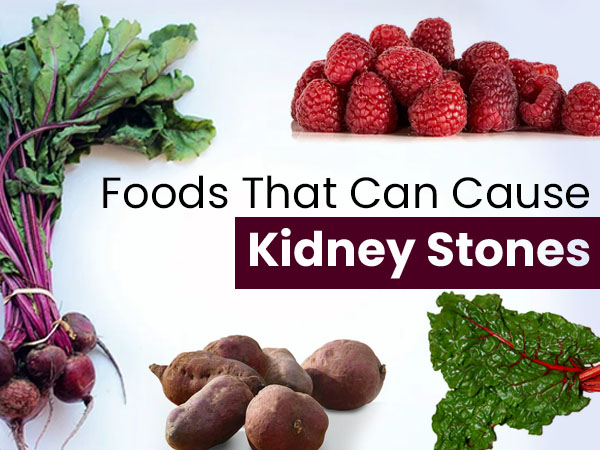
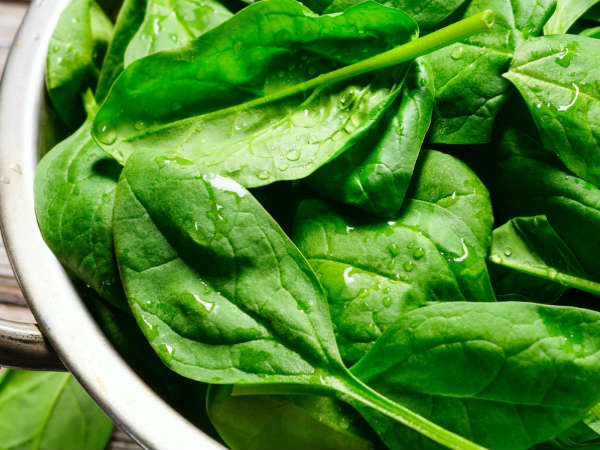
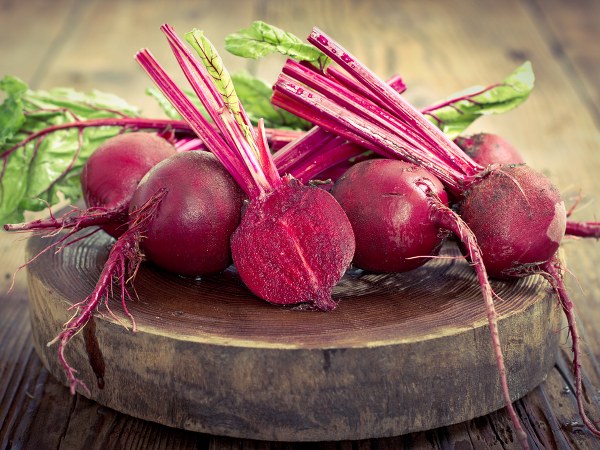
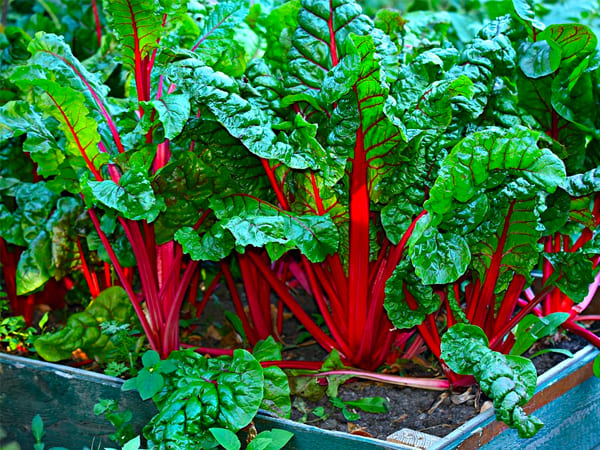
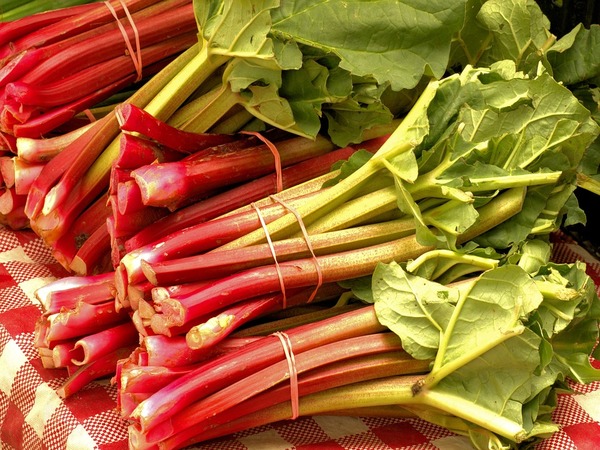
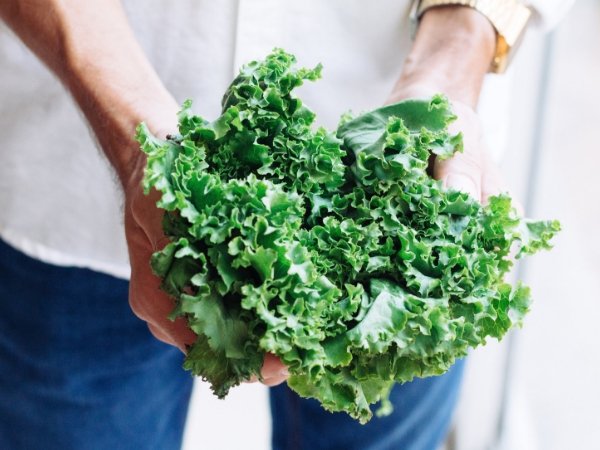
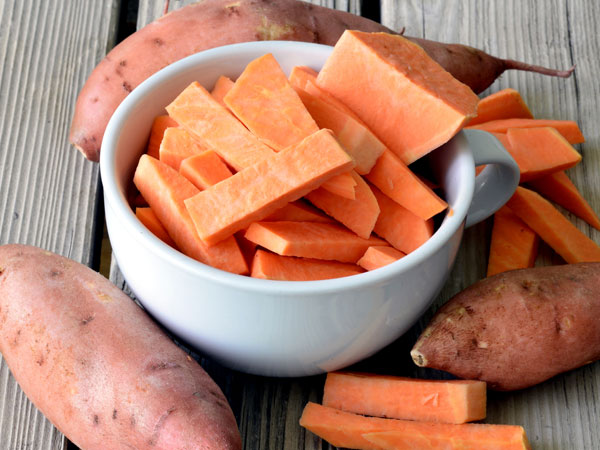
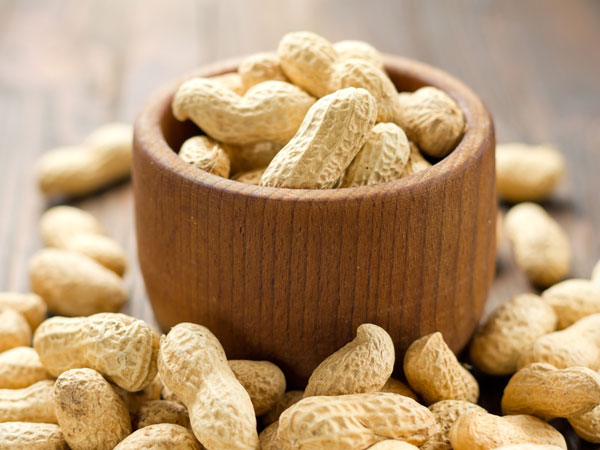
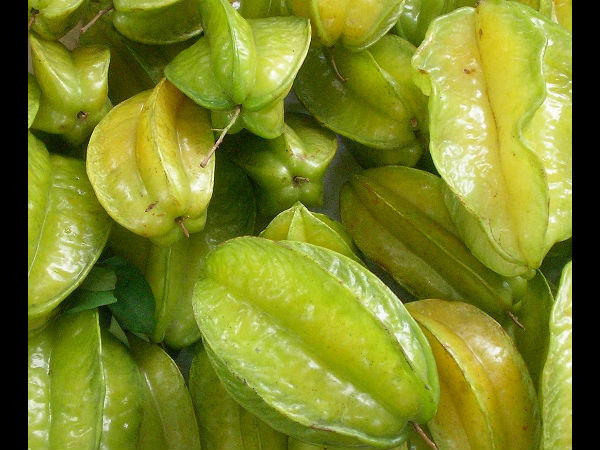
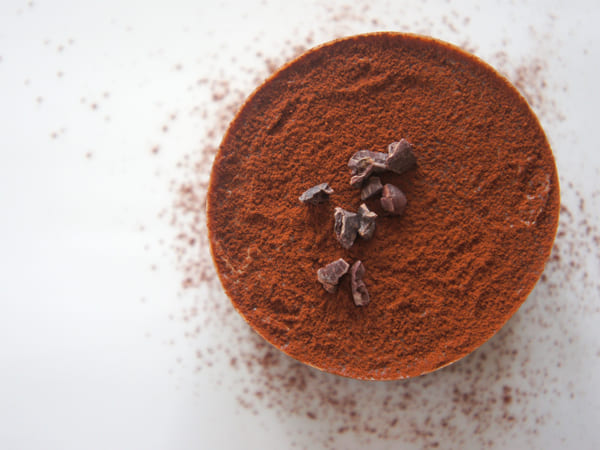
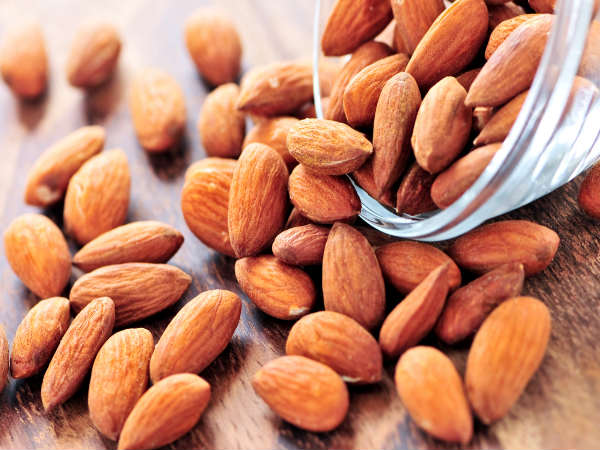
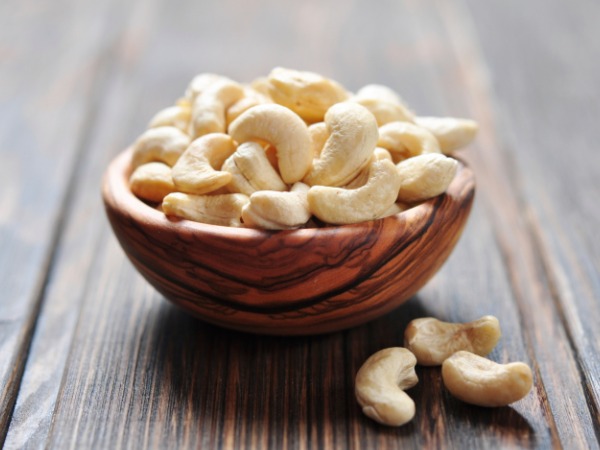
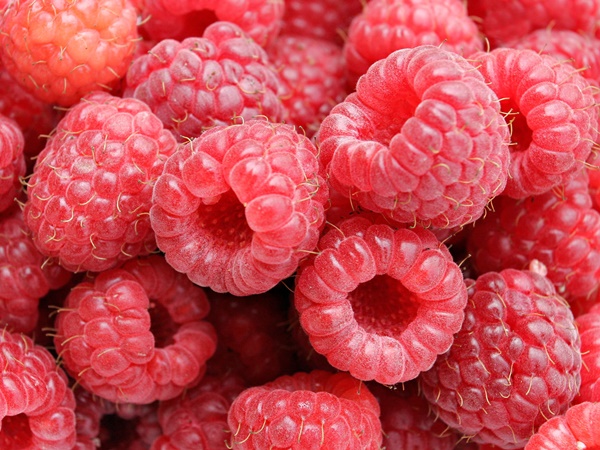
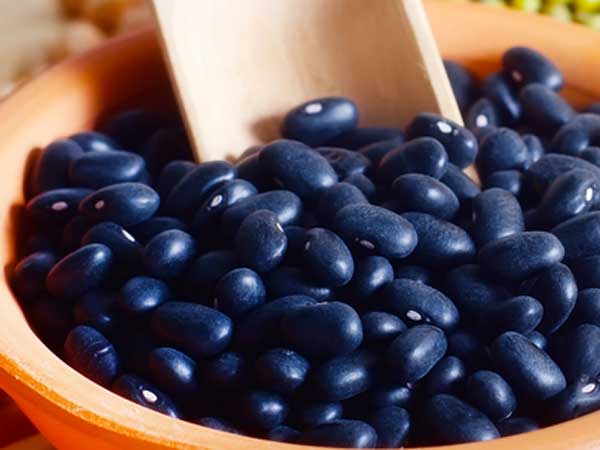
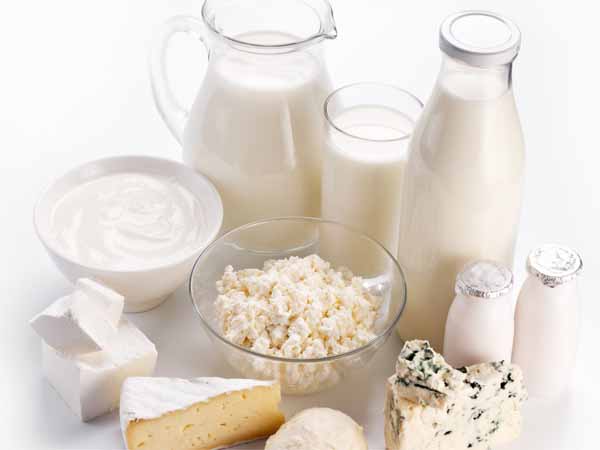
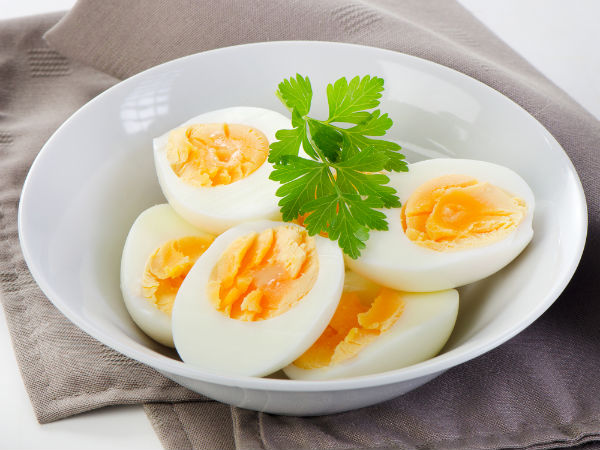
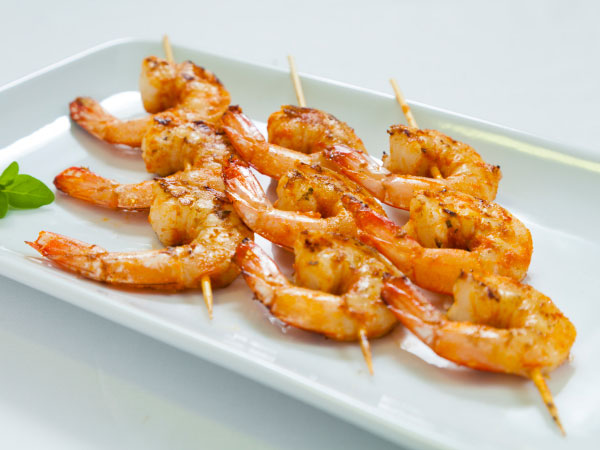
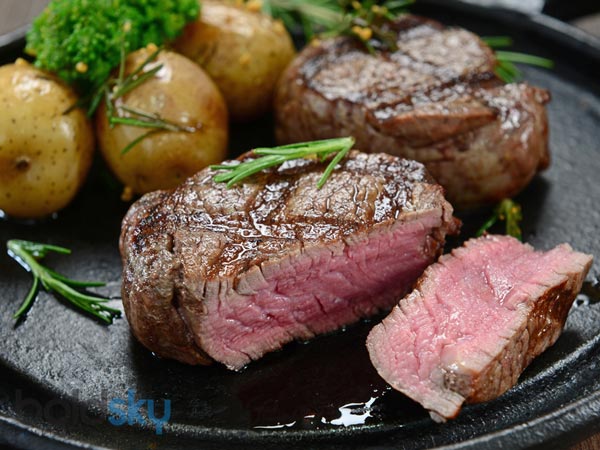
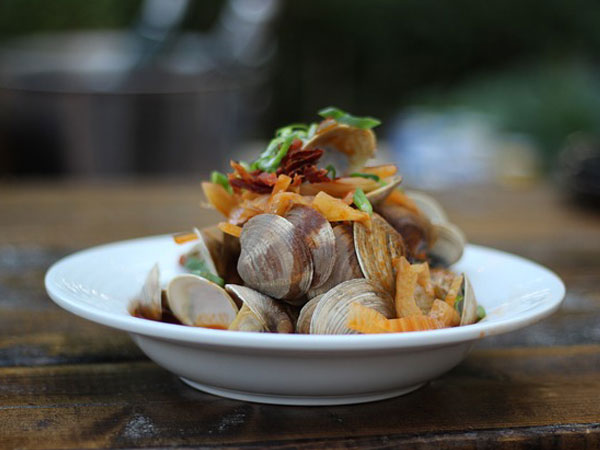
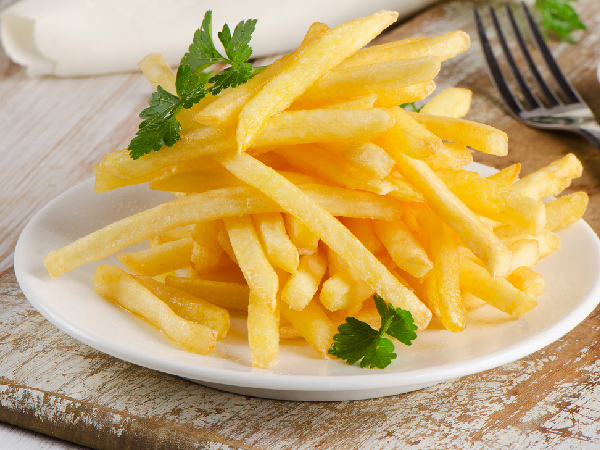
No comments:
Post a Comment